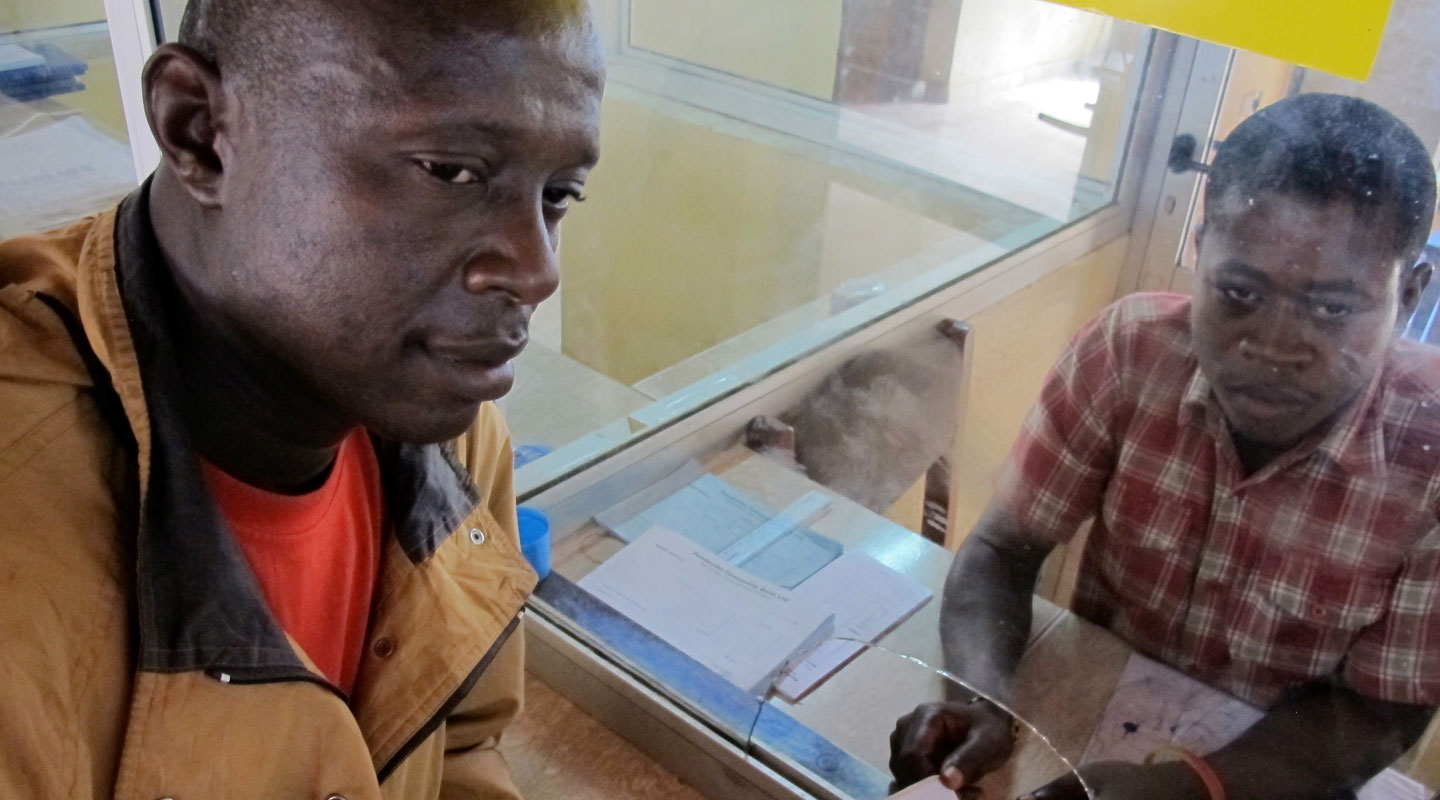Remittance flows to Kenya defy the odds during the COVID-19 pandemic
IFAD Asset Request Portlet
Asset Publisher
Remittance flows to Kenya defy the odds during the COVID-19 pandemic
25 May 2021
Despite the impact of the COVID-19 pandemic on wages and employment across the world, the Kenyan diaspora community continues to send money back home to their families.
The Central Bank of Kenya recently released data showing that remittance flows to the country increased by 10 per cent, from US$2,796 million in 2019 to US$3,095 million in 2020, accounting for three per cent of the country’s Gross Domestic Product (GDP). This is contrary to projections made in 2020 that predicted that remittances in low and middle income countries were likely to decrease as a result of the pandemic.
The increase in remittance flows to Kenya is a result of financial innovations that have opened up more convenient channels, such as using mobile phones for transactions, which make it easy for families to send and receive money despite the wide spread restriction of movement and lockdowns.
“The rapid acceleration of digitalization has been the ‘silver lining narrative’ of the pandemic. Remittances have been one of the key beneficiaries of digital transformation as members of the diaspora sent funds to their loved ones back home to help them ride out the ravages of the pandemic,” said Patrick Njoroge, Governor of Central Bank of Kenya.
Though the adoption of technology and integration of mobile phone financial services has lowered the cost of transactions over the last ten years from 15 to 8 per cent (Kenya ranks third in sub-Saharan Africa), more still needs to be done to reach the Sustainable Development Goals’ (SDG) recommended target of 3 per cent.
It costs more to send money to Kenya from other African countries, including for example from Tanzania, South Africa and Rwanda, than from Germany, Canada and the United States of America (USA). This significantly reduces the amount of money received by families to purchase food, pay for housing, education and healthcare, and to save and invest.
A recent study on Kenya released by the International Fund for Agricultural Development (IFAD) highlights innovative solutions that have the potential to increase access and use of the remittances received by families for greater financial inclusion and investment opportunities. The study also recommends specific actions to safeguard the responses to and recovery from the COVID-19 crisis.
“What the remittance market needs now is good practices and innovations that offer digital solutions and financial services to the families who receive remittances to enhance their recovery and resilience,” said Pedro De Vasconcelos, Manager of IFAD’s Financing Facility for Remittances.
To achieve greater effectiveness and to spur innovation in the market place, IFAD has launched a national call for proposals under its Platform for Remittances, Investment and Migrants’ Entrepreneurship (PRIME) Africa programme in collaboration with the European Union (EU). The aim is to identify and support initiatives that reduce transaction costs, accelerate digitalization, leverage remittances to deepen financial inclusion and expand formal channels.
Remittances represent the human face of globalization. The international community, therefore, must work together to make remittances for affordable and impactful for the millions of families and countless communities who depend on them.
Press release No.: IFAD/23/2021
IFAD invests in rural people, empowering them to reduce poverty, increase food security, improve nutrition and strengthen resilience. Since 1978, we have provided US$23.2 billion in grants and low-interest loans to projects that have reached an estimated 518 million people. IFAD is an international financial institution and a United Nations specialized agency based in Rome – the United Nations food and agriculture hub.

